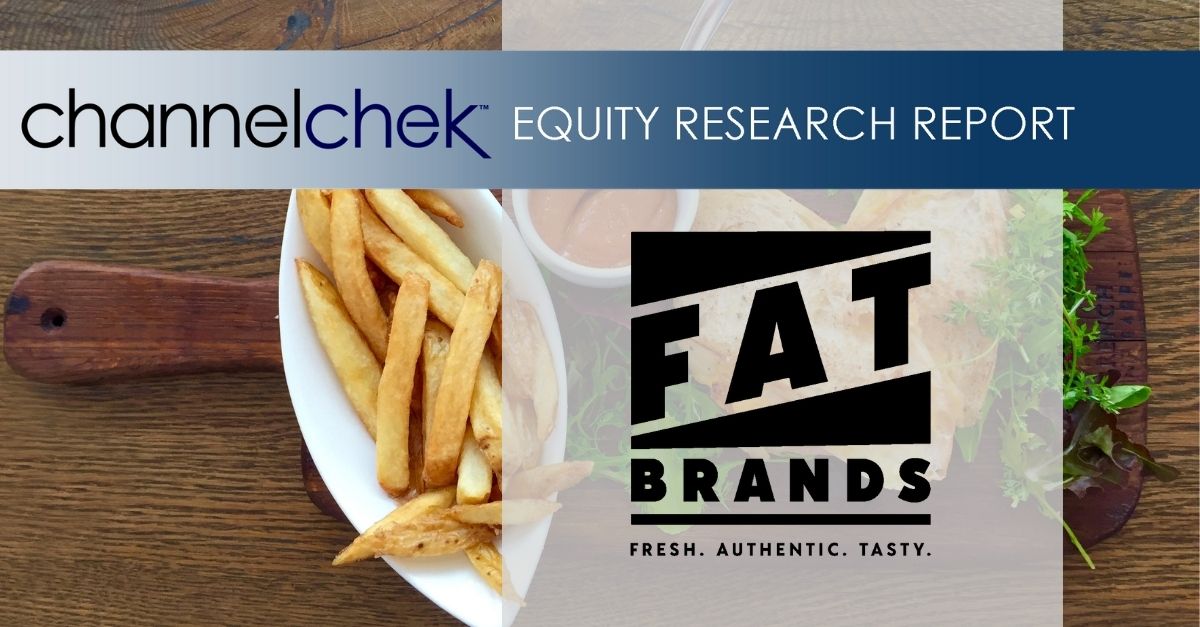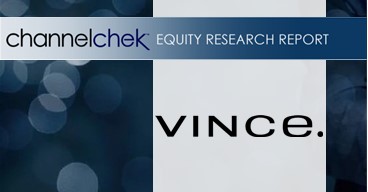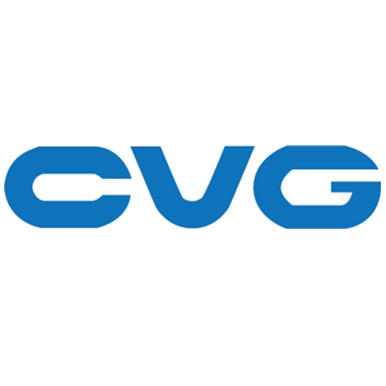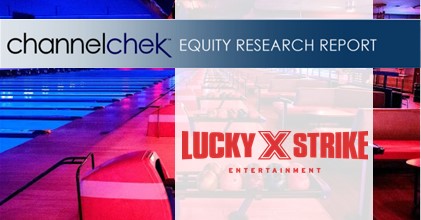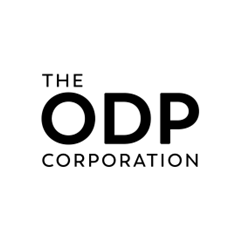
Research News and Market Data on ODP
New Contract unlocks potential growth opportunities and provides discounts on quality furniture and furnishing solutions from hundreds of manufacturers through purchasing cooperative
BOCA RATON, Fla.–(BUSINESS WIRE)–Feb. 4, 2025– ODP Business Solutions, a leading supplier of workplace solutions and services and a division of The ODP Corporation (NASDAQ: ODP), announced participation in a new award for a multi-year furniture contract with Region 4 Education Service Center (ESC) that brings the potential of up to $500M in total annual revenue. The contract enables the ODP Business Solutions Workspace Interiors team to offer a compliant cooperative purchasing solution through OMNIA Partners, providing furniture, installation, and related services to K-12 schools, higher education institutions, and cities and counties across the United States.
Region 4 ESC, member of and lead agency for OMNIA Partners, serves as a premier purchasing organization for state and local government, K-12 education, colleges and universities. Region 4 ESC assists school districts in improving student performance, provides efficient fiscal management and builds collaborative relationships and partnerships.
“At ODP Business Solutions we understand that the right learning and working environment can boost productivity and inspire students, educators and administrators,” said David Centrella, executive vice president of The ODP Corporation and president of ODP Business Solutions. “Our Workspace Interiors team is dedicated to delivering innovative and flexible solutions that meet the evolving needs of modern spaces. We look forward to providing these cost-effective products and services through our continued partnership with Region 4 ESC.”
The new contract grants OMNIA Partners members access to a comprehensive range of products designed for diverse environments, including breakrooms, classrooms, administrative offices, libraries, cafeterias, lobbies and more. This competitively solicited, publicly awarded Region 4 cooperative contract ensures compliance with procurement standards, allowing public sector agencies to streamline their purchasing process and save money with discounted offerings.
“Part of our mission is to equip school districts with the services and products they need to operate more efficiently and economically,” said Jorgannie Carter, chief of finance and business services at Region 4 Education Service Center. “Our contract with ODP Business Solutions will allow us to optimize our resources and continue providing schools and professionals with high-quality, affordable products.”
Region 4 serves a seven-county area composed of 48 public school districts and 43 public charter schools, representing more than 1.2 million students and more than 111,000 professional educators.
In recent years, ODP Business Solutions has been awarded five contracts, showing the company’s commitment to supporting public sector organizations with innovative, tailored and cost-effective solutions. To learn more about ODP Business Solutions, visit www.odpbusiness.com.
About ODP Business Solutions:
ODP Business Solutions is a trusted partner with more than 30 years of experience working with businesses to adapt to the ever-changing world of work. From technology transformation, sustainability, innovative workspace design, cleaning and breakroom, and everything in between, ODP Business Solutions has the integrated products and services businesses need. Powered by a collaborative team of experienced business consultants, world-class logistics, and trusted brand names, ODP Business Solutions advances how the working world gets work done. For more information on ODP Business Solutions, visit www.odpbusiness.com.
ODP Business Solutions is a division of The ODP Corporation (NASDAQ: ODP). ODP and ODP Business Solutions are trademarks of ODP Business Solutions, LLC. Any other product or company names mentioned herein are the trademarks of their respective owners.
FORWARD LOOKING STATEMENTS – THE ODP CORPORATION
This communication may contain forward-looking statements within the meaning of the Private Securities Litigation Reform Act of 1995. These statements or disclosures may discuss goals, intentions and expectations as to future trends, plans, events, results of operations, cash flow or financial condition, or state other information relating to, among other things, The ODP Corporation (“the Company”), based on current beliefs and assumptions made by, and information currently available to, management. Forward-looking statements generally will be accompanied by words such as “anticipate,” “believe,” “plan,” “could,” “estimate,” “expect,” “forecast,” “guidance,” “expectations”, “outlook,” “intend,” “may,” “possible,” “potential,” “predict,” “project,” “propose” “aim” or other similar words, phrases or expressions, or other variations of such words. These forward-looking statements are subject to various risks and uncertainties, many of which are outside of the Company’s control. There can be no assurances that the Company will realize these expectations or that these beliefs will prove correct, and therefore investors and stakeholders should not place undue reliance on such statements. Investors and shareholders should carefully consider the foregoing factors and the other risks and uncertainties described in the Company’s Annual Reports on Form 10-K, Quarterly Reports on Form 10-Q, and Current Reports on Form 8-K filed with the U.S. Securities and Exchange Commission. The Company does not assume any obligation to update or revise any forward-looking statements.
View source version on businesswire.com: https://www.businesswire.com/news/home/20250204940684/en/
Press Contact:
Katee Schalau
6600 North Military Trail
Boca Raton, FL 33496
mediarelations@odpbusiness.com
Source: ODP Business Solutions



